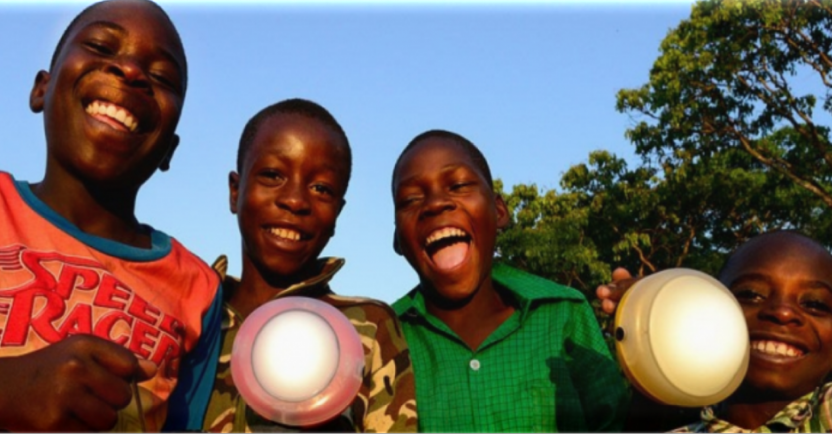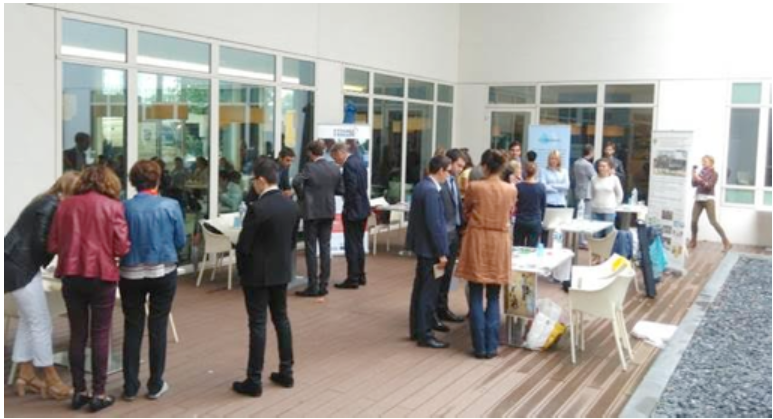Supporting the “One child one light” project in Congo

Autonomous solar-powered, free and durable lighting solution to the pupils of three schools and their families
Providing a concrete answer to the vital need for light
In Africa, 620 million people don’t have access to electricity and are condemned to live in the darkness as soon as night falls. The alternative lighting solutions they have access to are often expensive, inefficient and have a negative impact on their health and environment. The lack of lighting hinders education, health and trade, thus hindering the fight against poverty.
Today, the development of solar energy production offers new solutions. Solar powered lamps and lanterns appear to be an excellent option for the most isolated areas.
Helping Congolese children and their families
Many Congolese children live in areas deprived of any electrical infrastructure. In order to improve living conditions for these children and their families, the Planetic Incubator association decided to distribute state of the art solar lamps, totally free of cost, to around 3,900 pupils from three schools in the Pointe-Noire region, allowing them to bring light to their families each night. In order to be used by the children and their families, the lamps are charged during the day at the school thanks to dedicated solar panels.
A free and sustainable source of light
The solution chosen by Planetic Incubator uses Mobiya solar lamps manufactured by Schneider Electric, which received an award for their design. With up to 48h of autonomy, solid and waterproof, they allow various uses: sewing, reading, lighting a room, a kitchen, or a specific space, delineating a road, charging small electrical appliances via an USB port, and more.
Expected project benefits
Thanks to the support of the Rexel Foundation and the Group’s employees, the Planetic Incubateur association has been able to distribute 210 to 650 solar lamps to Congolese children from the three schools selected.
The installation of the solar panels used to charge the lamps on the school premises helps to secure their use (protecting them from theft and re-sale) and also acts as an incentive for parents to send their children to school.
Sponsor by Rexel
The project was first sponsored by a Rexel employee. The Rexel Foundation organized a "speed dating" to enable Rexel collaborators to meet 5 NGOs including Planetic Incubateur with Athanase de Joussineau presenting the project “One child one light”. In the framework of the Ecodays internal campaign, employees voted for their prefered NGO to bring them financial support.

More about Planetic Incubateur
Created in 2013, the Planetic Incubateur association is a non-profit organization whose goal is to promote initiatives for development, integration and biodiversity.

